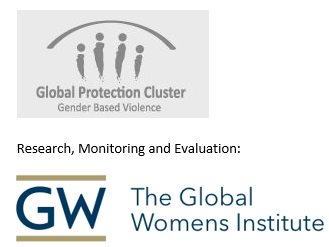- International criminal law relates to crimes under international law designed to prohibit certain categories of conduct commonly viewed as serious atrocities and to make perpetrators of such conduct criminally accountable, such as war crimes, crimes against humanity and genocide. Due to developments in international criminal law over the past decade, these three categories of ‘atrocity crimes’ may include sexual violence committed against civilians (Chaikel, 2008). Through the work of the ad hoc international criminal tribunals for Rwanda and former Yugoslavia –established by the United Nations Security Council—rape and other forms of sexual violence were recognized as war crimes and crimes against humanity.
- Additionally, the Rome Statute of 1998, establishing the permanent International Criminal Court (ICC), includes rape, sexual slavery, enforced prostitution, forced pregnancy, and enforced sterilization as war crimes and crimes against humanity and conscripting, enlisting or using children under the age of 15 years in hostilities is also defined as a war crime. The ICC Statute further contains age- and gender-sensitive measures to protect victims and witnesses involved in the criminal proceedings before the Court (See International Criminal Court (ICC) for more information; see also Chaikel, D. 2008. “Does gender matter at the International Criminal Court?,” and the annual Gender Report Cards issued by Women’s Initiative for Gender Justice, available at).
- The United Nations has also supported the creation of “hybrid” courts or tribunals such as the Special Court for Sierra Leone and the Extraordinary Chambers in the Courts of Cambodia, which have both foreign and domestic judges. Although only a few individuals have been tried and convicted of these crimes in international courts and tribunals, important standards have been set that can be used as a model for national systems. Also, prosecution of these crimes can be an important component of transitional justice and addressing past human rights violations. (For further elaboration see Section VII on Legal/Justice Response as well as the Legislation and Justice modules.)
